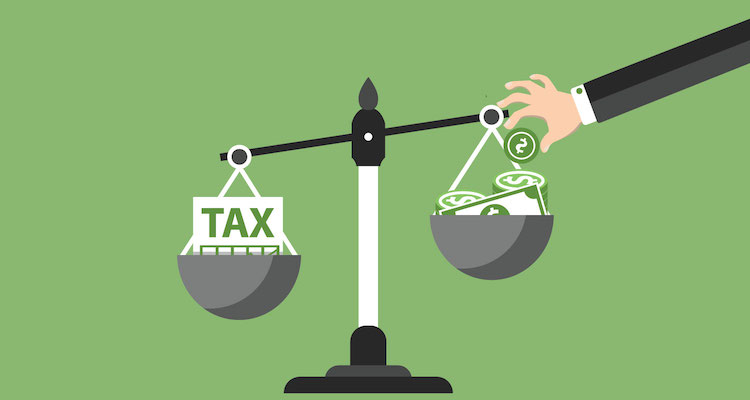The freelance lifestyle has many perks. Working from home and avoiding that daily commute is one that sits at the top of most people’s list. That said there are a few drawbacks. In my opinion, one of the biggest drawbacks is the burden associated with tax filing. As a freelancer you need to make sure you pay your taxes quarterly to avoid penalties and fees. In addition you’re required to pay the portion of Social Security and Medicare that’s usually covered by an employer. So is there any light at the end of the tunnel? Two words. Tax deductions.
Table of Contents
ToggleHere are seven tax deductions that every freelancer should take advantage of:
Your (Home) Office
The majority of freelancers choose to work from home most of the time. The IRS allows you to write off the portion of your home dedicated to your home office. The IRS wants you to be very specific with this deduction. For example you can calculate your deduction by measuring the square footage of your workspace and take that percentage off your total rent as the deductible expense.
Office Supplies
If you work at your home office then you sure as heck can deduct your office supplies and other related equipment. Most of the big ticket items will probably be filled in the first year. Chairs, desks, monitors, and anything else you need to equip your space you can write off as a deduction. For the years to come make sure you remember to write off the smaller ticket items as well such as printer paper and notebooks. Every bit counts.
Utilities
Just like you can claim part of your rent or mortgage as your home office space you can do the same for utilities. Portions of your gas, water, and electricity bill can all be claimed. Again you have to do a bit of calculating here. Make sure you keep accurate records for your estimates just in case someone decides to check.
Travel Expenses
Do you travel to meet clients or even attend industry conferences? If you do, these travel expenses can all be claimed as well. In regards to meals and entertainment the IRS typically lets you deduct 50% from these items.
In addition to travel you can also deduct automobile expenses. Whether you drive your own car or use ride share these all qualify for a deduction.
Unpaid Invoices
Many freelancers rely on a steady stream of cash flow coming in from their invoices. That said there will always be a few clients who don’t pay up. Instead of taking a total loss there you can actually write off that unpaid invoice. The one catch here is that if you want to deduct unpaid invoices you’d need to declare that income.
Educational Expenses
As a freelancer it’s important to always fine tune your skills through self education. The IRS clearly states, “If you are self-employed, you deduct your expenses for qualifying work-related education directly from your self-employment income. This reduces the amount of your income subject to both income tax and self-employment tax.”
Transactional Fees
If you own an online store that accepts online payments you’re likely paying processing fees every transaction. The IRS lets you deduct these transactional fees as well. If you sell products on a third party platform like Etsy you can also deduct any fees you are subject to paying there as well.
Final Thoughts
For first time freelancers filing your taxes can be a real pain. While it’ll probably never be fun there are definitely ways to make it more bearable. One of those ways is to keep more of your hard earned cash. You can do so by remembering to deduct the seven items above.














